Collaborators
Dr. Jennifer Jensen, Geography Department

I am interested in remote sensing of land cover/land use change and how natural and human disturbances influence landscape composition and ecosystem functions. Current research projects include examination of human and physical drivers of land cover change, flood-stage specific inundation modeling, and consequences of rapid urbanization in Texas. E-mail: jjensen@txstate.edu
Dr. Susan Schwinning, Biology Department

I am interested in climate-vegetation interactions, particularly in relation to water in the environment. My research projects focus on the causes and consequences of woody plant encroachment into open grasslands and savannas, on methods of invasive species control that capitalize on natural climate variability, and determining biologic and edaphic correlates of tree mortality due to extreme drought. E-mail: schwinn@txstate.edu
Dr. Nate Currit, Geography Department

My interests and research are in GIScience, including remote sensing, geographic information systems, and spatial-temporal analysis. I tend to focus on issues of land-use and land-cover change, and their influence on human-environment system vulnerability and resilience. Additionally, I am interested in developing innovative remote sensing and GIS techniques that permit me to analyze geographic interactions in novel ways. Email: currit@txstate.edu
Dr. Jason Julian, Geography Department

My research investigates landscape changes and ecosystem processes across broad scales, with a focus on water resources and human-environment interactions. Past projects have included land cover effects on watershed runoff, downstream effects of dams and dam removal, modeling light availability and primary production in rivers, stream channel mapping and evolution, agricultural impacts on river ecosystems, bio-geomorphic feedbacks in rivers, and historical urban development trends in South-Central U.S. Currently funded projects include “Land Management Impacts on Water Quality in New Zealand across Political Boundaries” and “Incorporating Ecological Costs and Benefits into Environmental Flow Recommendations for Oklahoma Rivers.” Future work will likely involve analyzing land use/land cover changes and their impact on natural resources across broad scales. Email: Jason.Julian@txstate.edu
Dr. Vincent Lopes, Biology Department
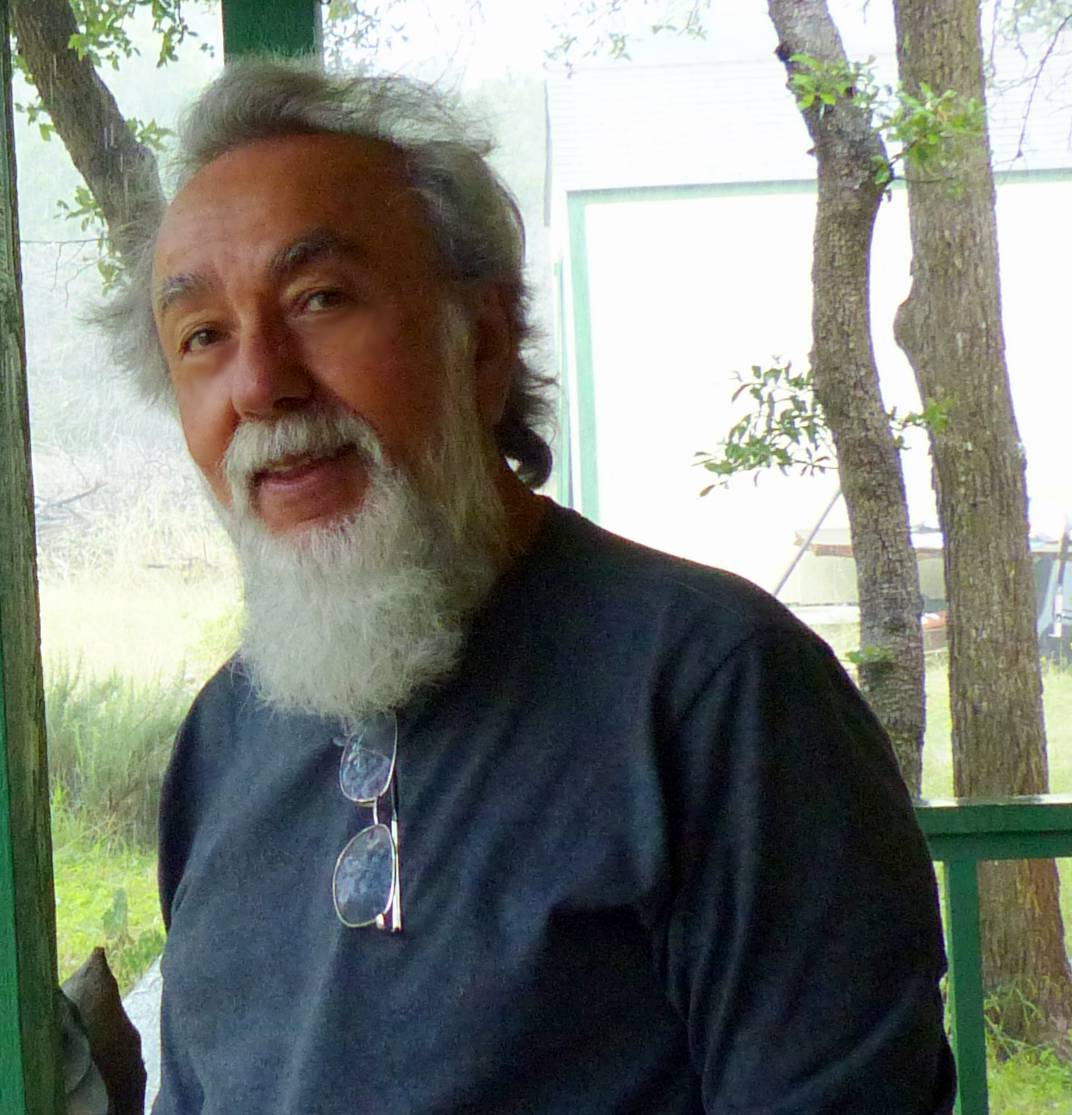
My work is grounded in hydrology, ecophilosophy and systems theory and is directed towards integrating nature, culture, and place using watersheds as context and setting for the purpose of building more ecologically-conscious and resilient communities. E-mail: vl12@txstate.edu
Dr. Kimberly Meitzen, Geography Department
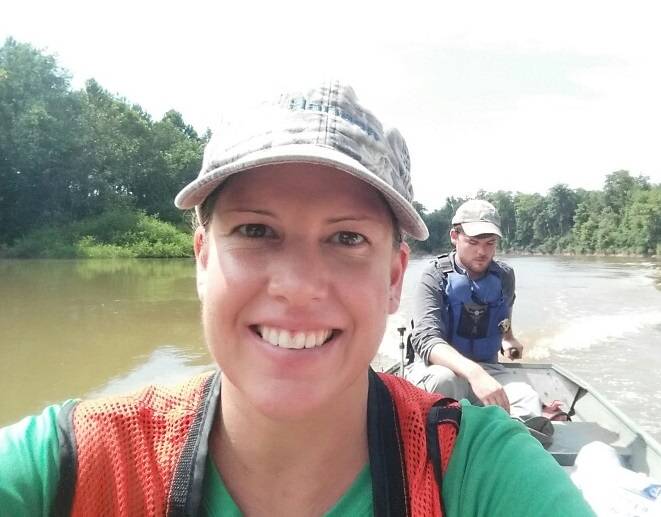
My research examines the interactions among physical and ecological processes of river systems and how they are influenced by environmental and human controls at a range of spatial and temporal scales. The majority of my research investigates the geomorphic, hydrologic, and hydraulic characteristics of human-altered rivers and how these processes influence instream and floodplain biotic distributions. I use mixed methods and techniques including field-based surveys, 1D/2D hydrodynamic river models, GIS, and multi-variate ecological analyses. E-mail: kmeitzen@txstate.edu
Dr. Larry Price, College of Education

I am interested in development and validation of statistical models related to capturing the long-range impact of drought conditions on plants and vegetation in the environment. My research projects focus on developing probabilistic models using hierarchical Bayesian methods to develop models more superior precision than those currently available. The Bayesian statistical models I develop include qualitative or subjective information specific to the causes and consequences of drought severity on species that capitalize on natural climate variability and tree mortality. E-mail: lp11@txstate.edu
Dr. Benjamin Schwartz, Biology Department
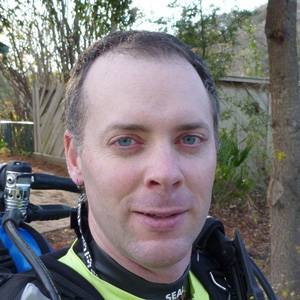
My research interests center on karst hydrogeology and speleology. One of my main research interests in Texas is to better understand and characterize the drivers and processes that affect infiltration and recharge into and through the epikarst. Much of my work is also directed toward developing long-term continuous data sets that can be used to develop better models of how the epikarst functions as a critical zone and boundary between surface and subsurface environments. In turn, this helps us develop and test better methods for quantifying storage in and recharge through the epikarst. E-mail: bs37@txstate.edu
Current Student Researchers
Yunuen Reygadas-Langarica, Ph.D Candidate in Geographic Information Science, Department of Geography

Research Interests and Specializations: remote sensing, land-change use Previous Education: Environmental Geography Research Center (CIGA, UNAM), Masters of Science, Environmental Geography, 2012 National Autonomous University of Mexico (UNAM), Bachelors of Arts, Geography, 2009
Email: y_r49@txstate.edu
Saeideh Gharehchahi, PhD Candidate Geographic Information Science Department of Geography
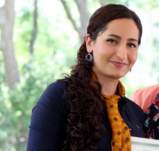
Research Interests and Specialization: Geomorphology, natural hazards, GIS
Previous Education: Shahid Beheshti University of Tehran, Master of Science, Geomorphology, 2012
Email: s_g389@txstate.edu
David Szpakowski, PhD Candidate in Geography, Department of Geography

Research Interests and Specialization: Vegetation, wildfire, remote sensing, & GIS
Previous Education: Texas State University, Master of Science, Geography, 2016
Email: ds1428@txstate.edu
Brandon Rose, MS Student in Geography, Department of Geography

Research Interests and Specializations: Remote Sensing and GIS, Geovisualisation, Physical Geography
Previous Education: Texas State University, Bachelor of Science, Geographic Information Science, 2017
Email: blr76@txstate.edu
Lucas Chavez, MS Student in Geography, Department of Geography
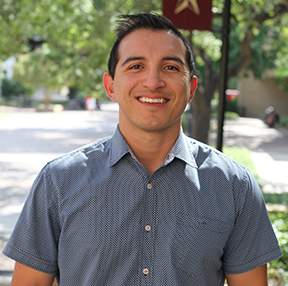
Research Interests and Specializations: GIScience and Remote Sensing
Previous Education: Texas State University, Bachelor of Science, Geographic Information Science, 2017
Email: lc1389@txstate.edu
Ioannis Kamarinas, Ph.D Student in Geography, Department of Geography

Research Interests and Specializations: GIS, hydrological modeling, remote sensing Previous Education: University of Michigan-Dearborn, Master of Science, Environmental Science, 2012 Aegean University, Bachelor of Science, Marine Sciences, 2010
Former Student Researchers
Chloe (Chunhong) Zhao, Ph.D. Student in Geographic Information Science, Department of Geography

Research Interests and Specializations: GIS, Urban Heat Island effects Previous Education: Chinese Academy of Sciences, Master of Science, 2014 Shandong University of Science and Technology, Bachelor of Science, 2011
Email: c_z38@txstate.edu
Beth Crouchet, MS Student in Population and Conservation Biology, Department of Biology

Texas experienced intense drought conditions in 2008 and again in 2011. The latter year is thought to have caused the death of 6% of all trees in Texas, though not all tree species and all locations were equally affected. In 2014, I censused 62 30 m 30 m plots, mostly on the Edwards Plateau, to quantify the variation in local mortality rates and possible causes. Some of the factors consider are tree size, tree density at the plot scale, depth to bedrock, aspect, slope, and the severity of local drought conditions in 2008 and 2011. The ultimate goal of this project is to determine landscape-scale factors that modify tree vulnerability to drought.
Former Student Researchers
Ethan Roberts, M.S. Student in Geography, Department of Geography

SLEUTH modeling for major metropolitan areas in Texas. Structure-from-Motion and image-based point clouds. Vegetation and habitat modeling.
E-mail: er1093@txstate.edu
